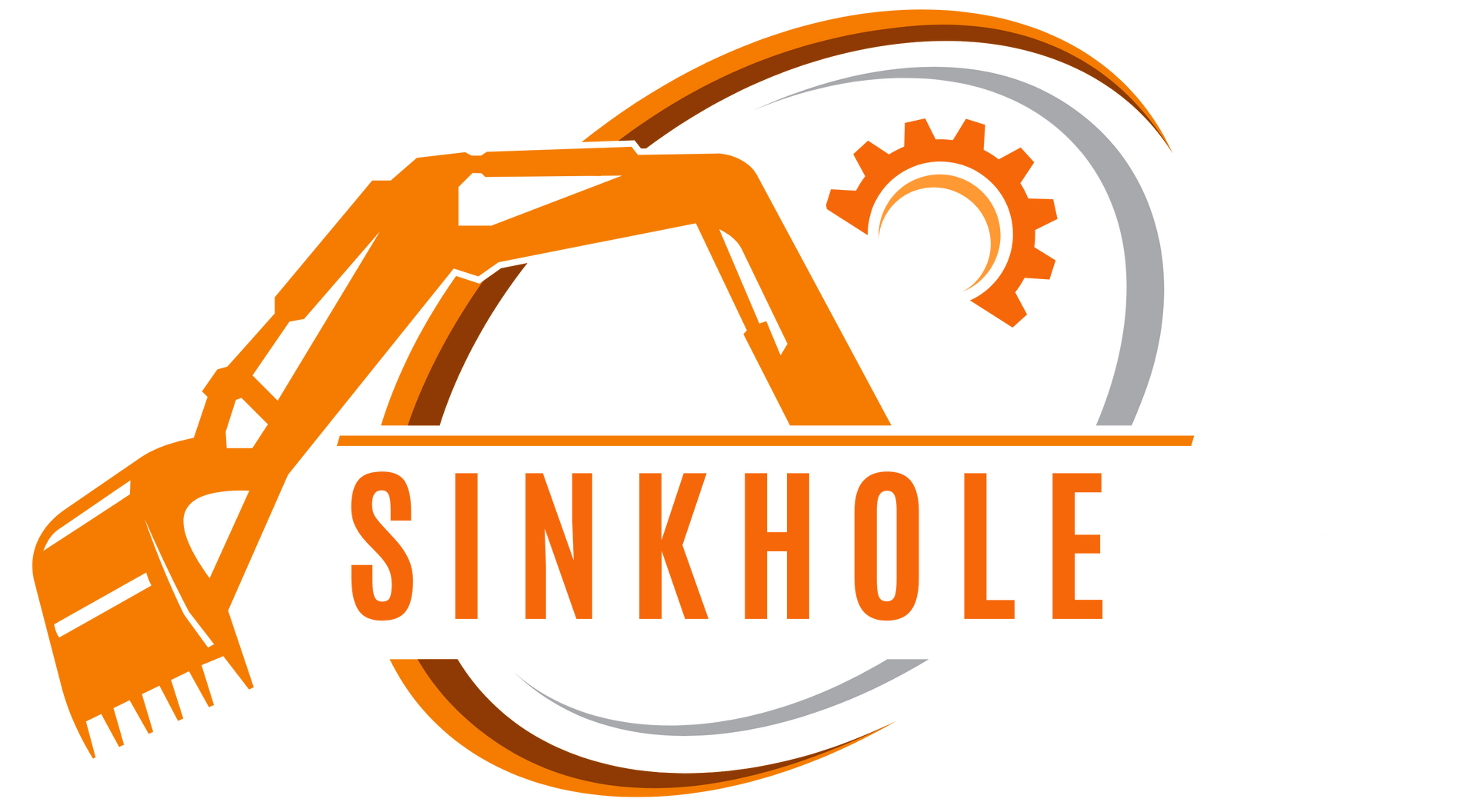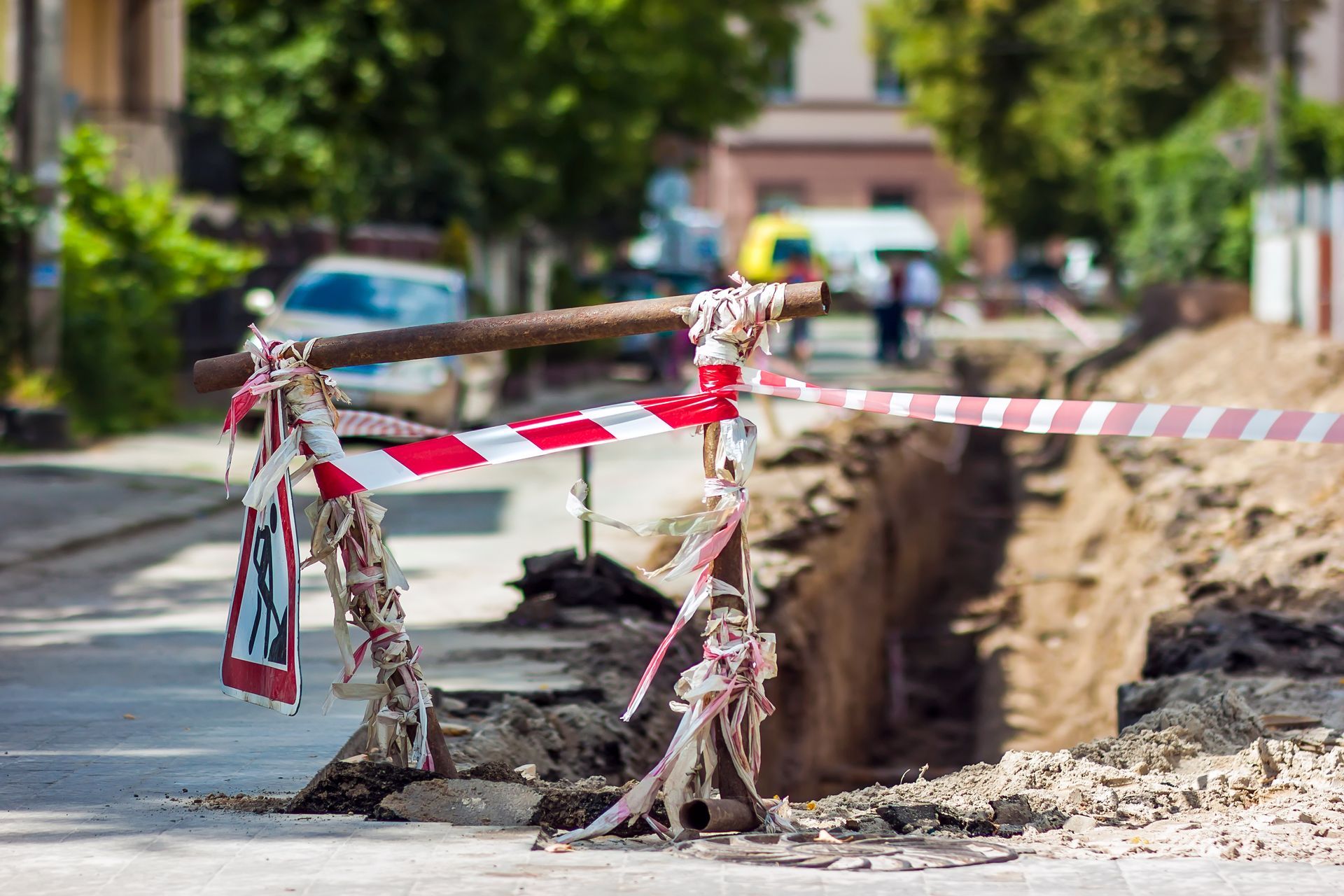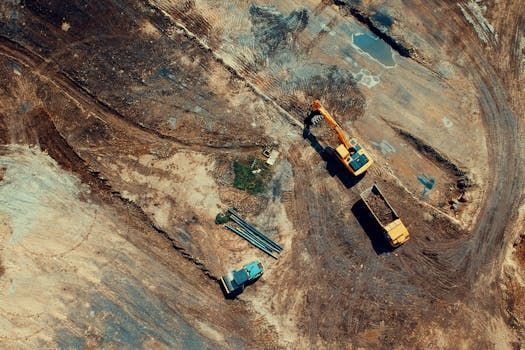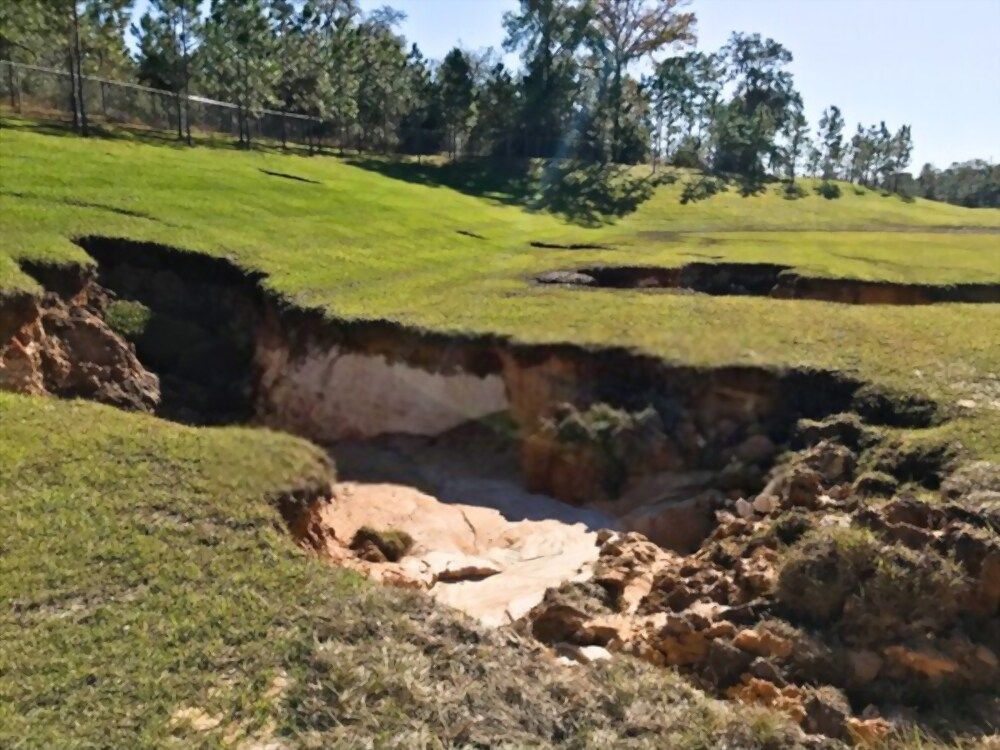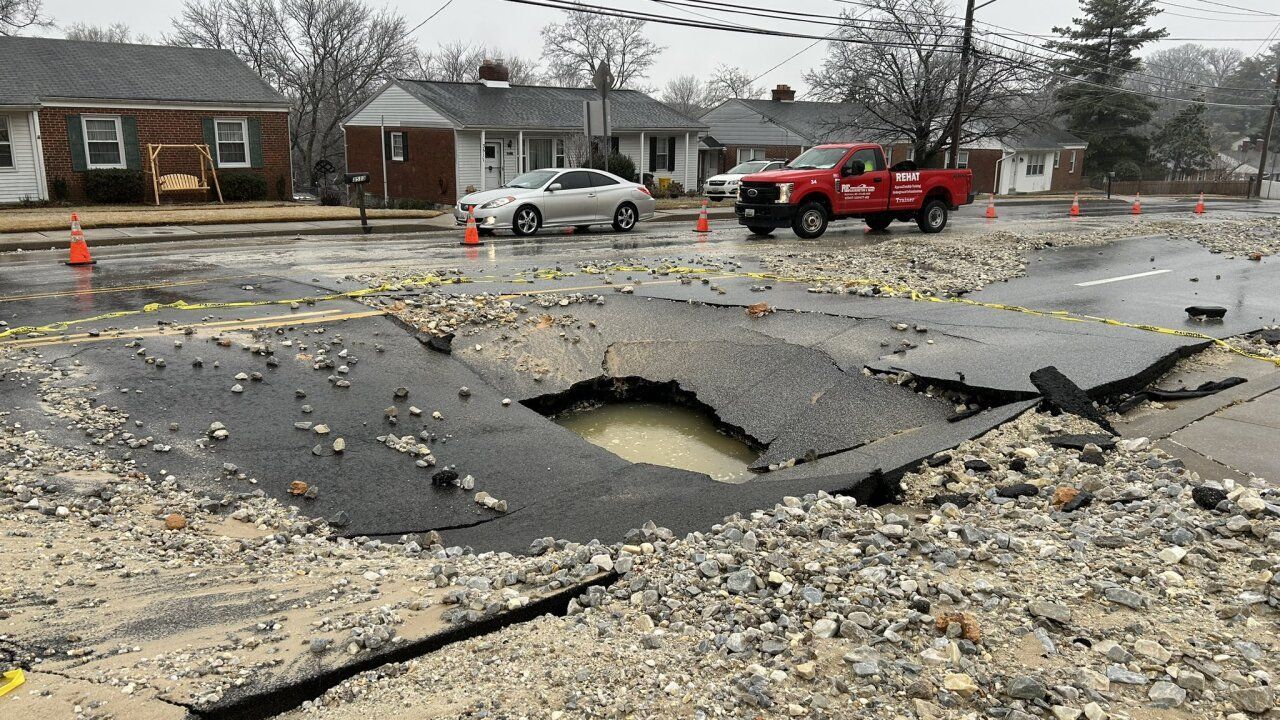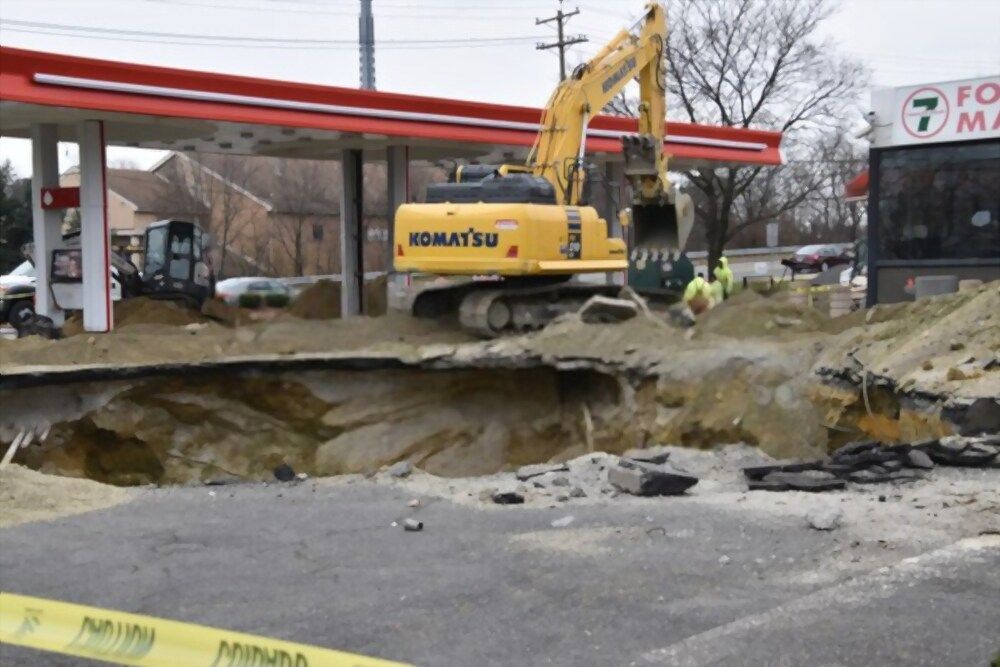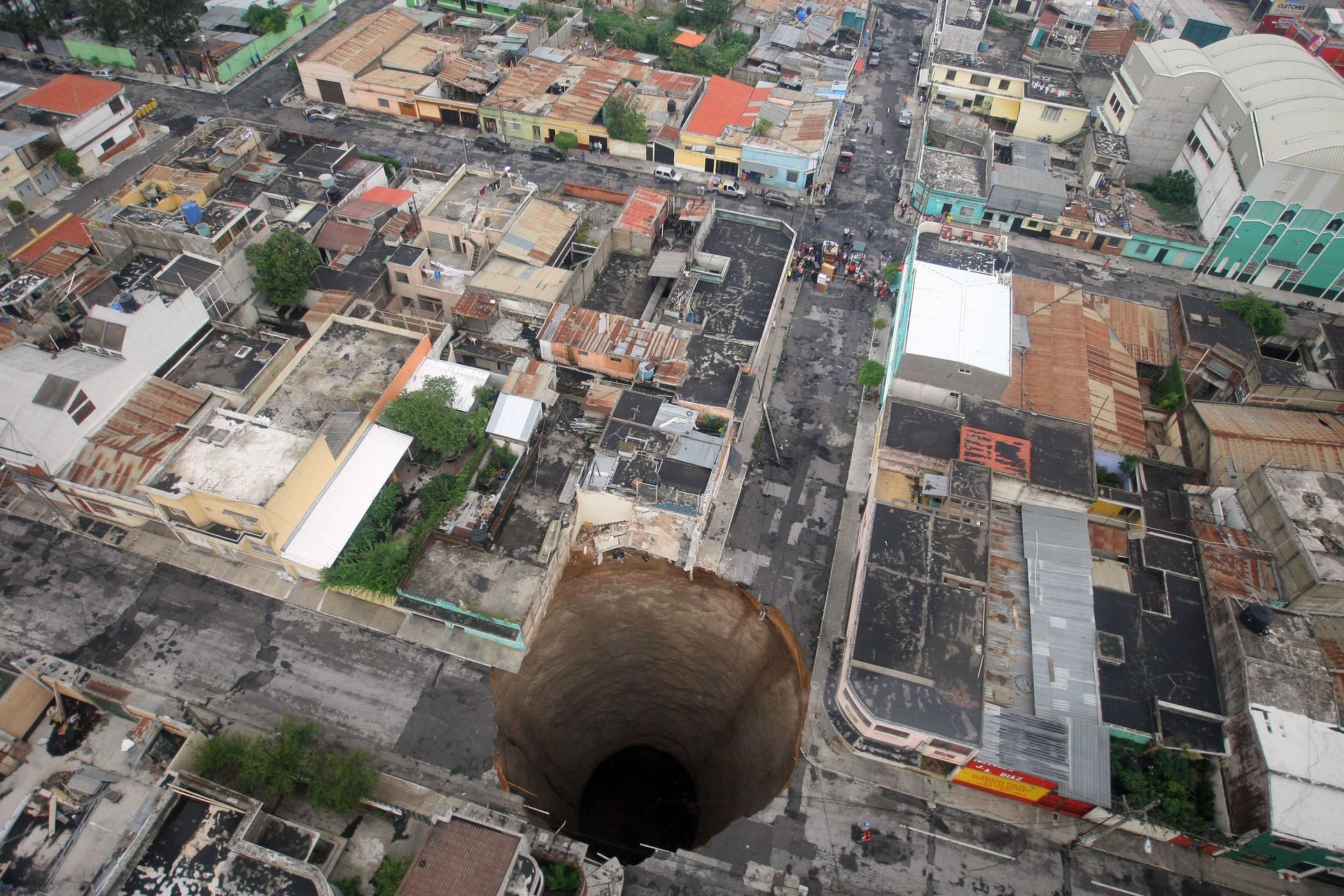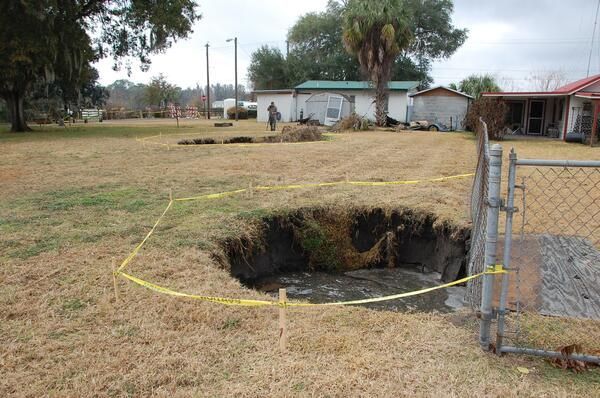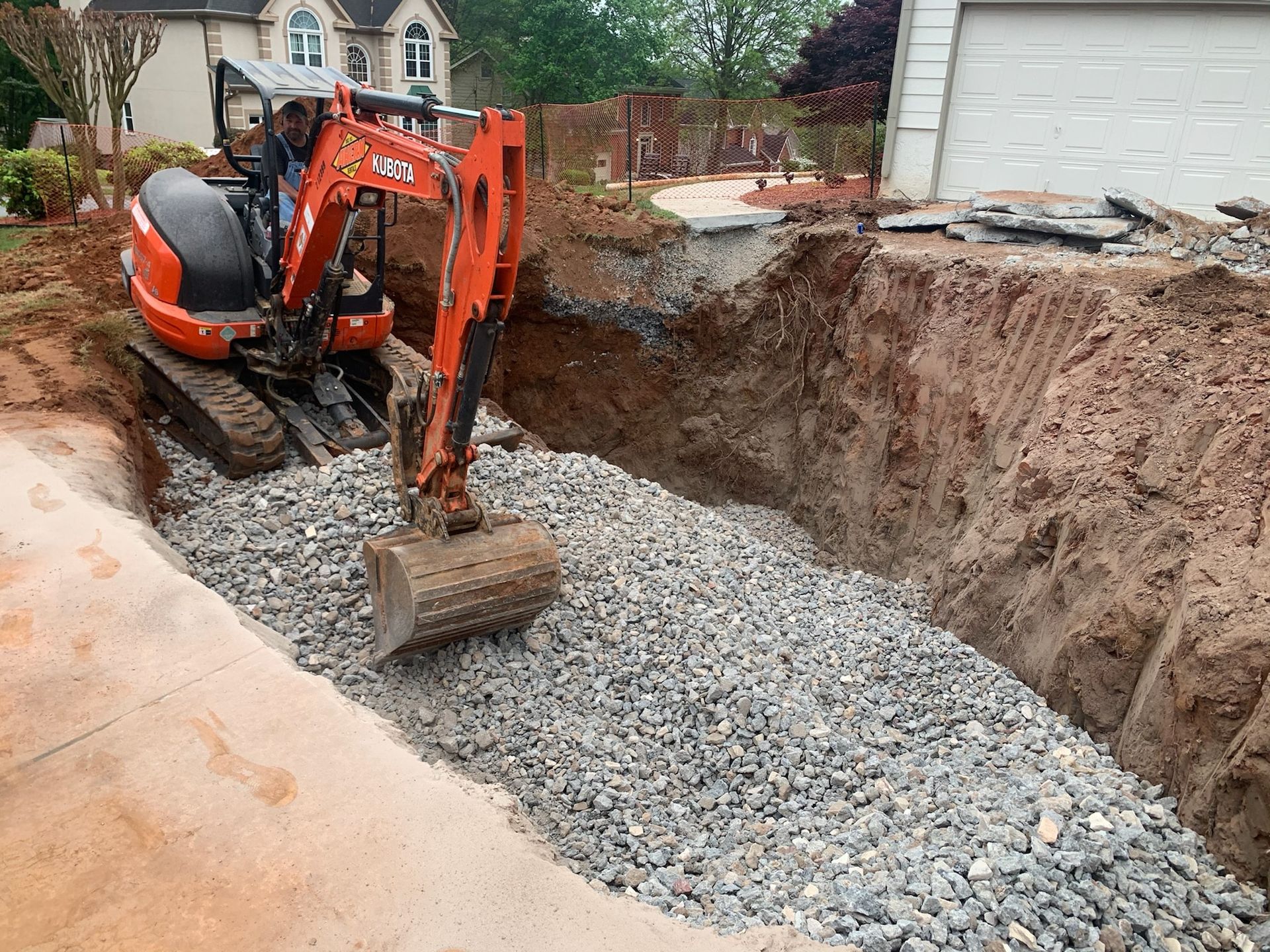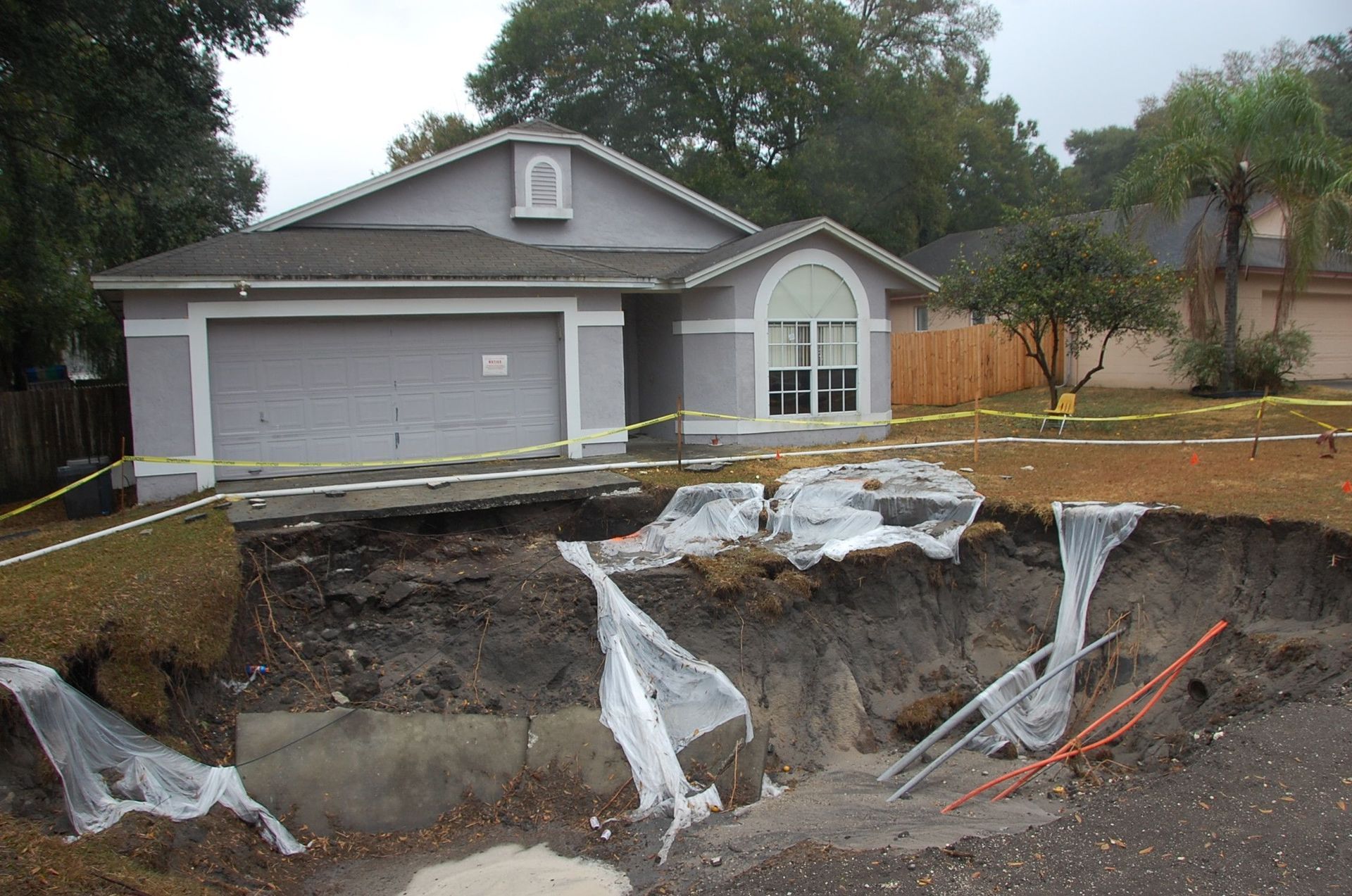Can You Fix Sinkhole Damage Yourself or Should You Call a Professional?
TLDR:
Yes, you can fix minor sinkhole damage yourself if it's shallow and not near any structures—but larger, deeper, or structural sinkholes should always be handled by professionals like
Sinkhole Repair ATL. Attempting DIY repairs without understanding soil behavior can cause safety hazards, recurring collapse, or foundation failure.
What Is Sinkhole Damage and Why It Matters
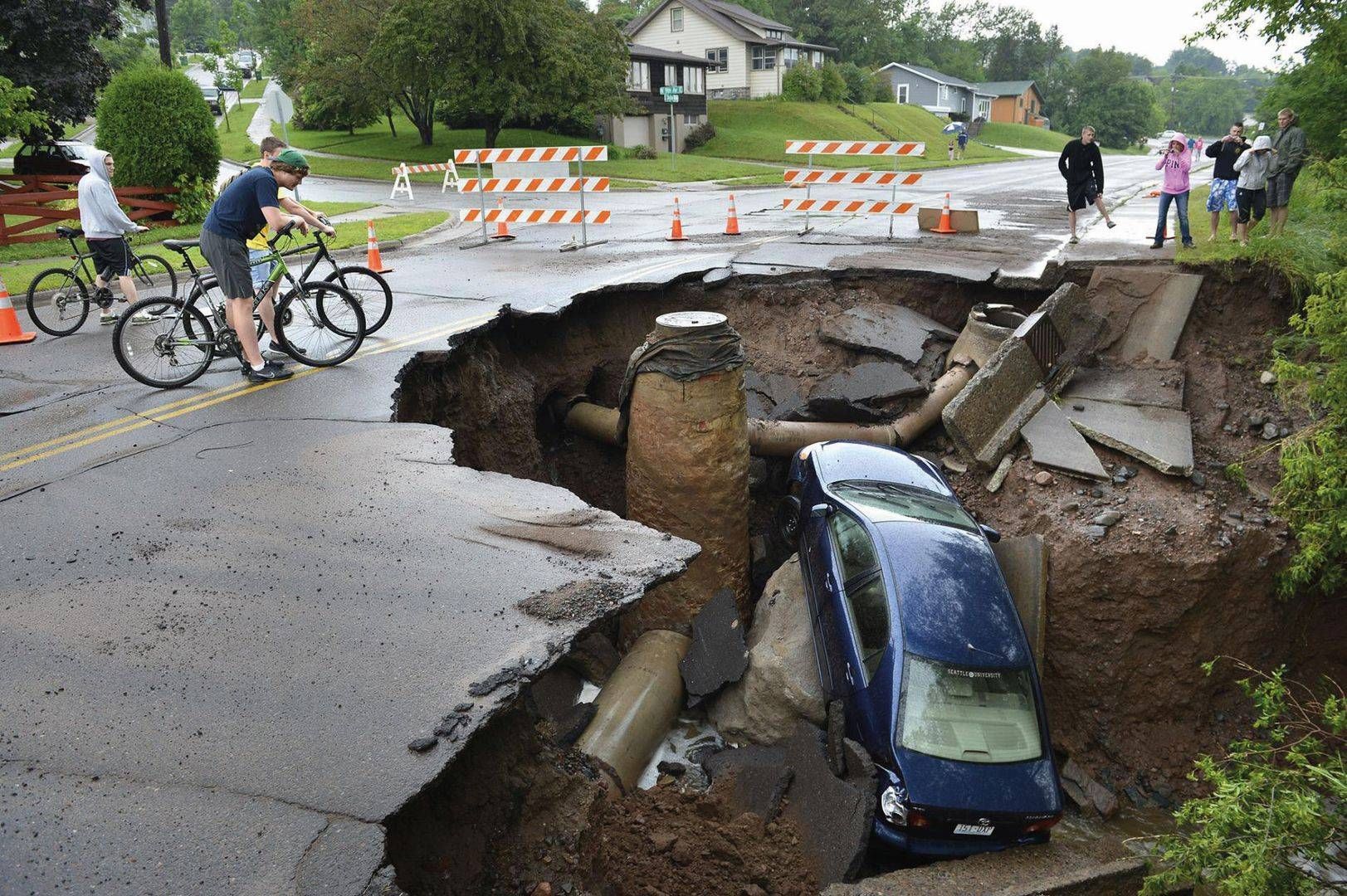
Sinkholes form when the ground beneath the surface erodes or collapses, often due to water drainage issues or the dissolving of underground rock like limestone.
Common causes of sinkholes include:
- Underground water erosion
- Collapsing soil or decayed debris
- Improper drainage or old septic systems
- Ground subsidence due to human activity or natural formations
Why it matters:
Sinkhole damage affects more than just your lawn. It can weaken home foundations, destroy landscaping, and jeopardize nearby infrastructure. Recognizing early signs and addressing them properly is crucial for long-term safety.
Watch for signs of a sinkhole:
- Sudden depressions in your yard
- Cracks in walls or driveways
- Slanting floors or doors not closing properly
- Water pooling in unusual places
Types of Sinkholes and How to Identify Them
Not all sinkholes are the same. Understanding what type you're dealing with helps determine the best repair strategy.
Three Main Types of Sinkholes
| Type | Description | Common Signs |
|---|---|---|
| Cover-collapse | Rapid, sudden ground collapse | Deep holes, sudden ground drop |
| Cover-subsidence | Slow, gradual depression over time | Sinking ground, indented lawn |
| Solution sinkholes | Erosion of underground rock without a visible hole | Soil instability, uneven terrain |
Other clues include:
- Soft or spongy patches in your yard
- Circular holes forming suddenly
- Visible underground voids or open cavities
Can You Fix a Sinkhole Yourself?
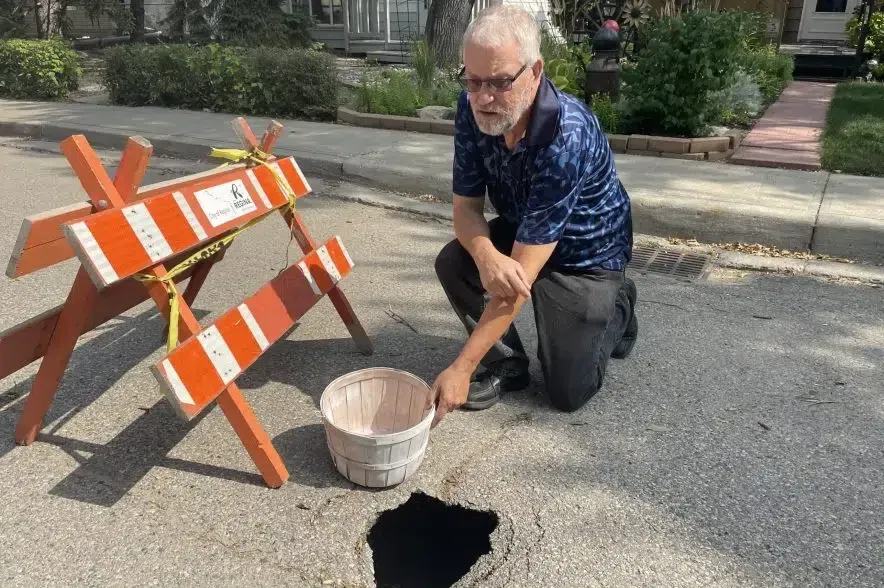
Small sinkholes in your yard—not near your home’s foundation—can be repaired with the right approach.
Here’s how to fix a small backyard sinkhole safely:
- Evaluate the size and location
- Only attempt repair if the hole is shallow (under 3 feet deep) and not close to any buildings or driveways.
- Clear the area
- Remove loose debris, lawn material, and soft soil from the hole.
Suspect sinkhole activity?
Reach out now for a FREE inspection!
- Backfill with appropriate materials
- Use
coarse gravel or
crushed stone to fill the bottom.
- This promotes drainage and prevents water accumulation.
- Add soil in compacted layers
- Layer by layer, add compactable soil and firmly
compact each layer before adding the next.
- Repeat until the ground is level.
- Top off with surface soil
- Finish with topsoil and reseed the area if it’s in the lawn.
Tools and materials you may need:
- Shovel
- Wheelbarrow
- Compactor or tamper
- Gravel or crushed stone
- Fill dirt and topsoil
Important: If the hole returns or expands, stop and call a professional immediately.
Risks of DIY Sinkhole Repair
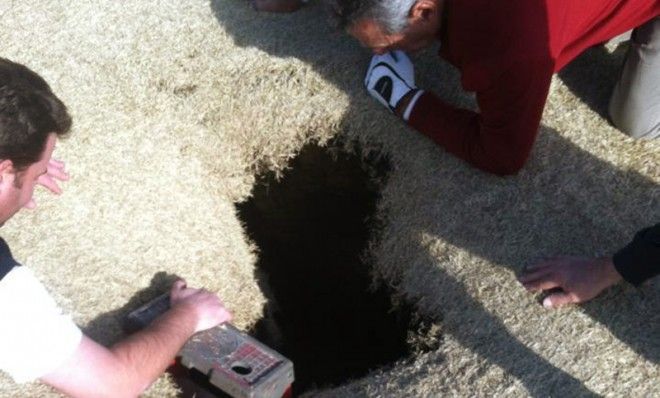
DIY might seem simple—but poor execution can lead to greater damage or risk.
Key dangers include:
- Hidden underground collapse not visible from the surface
- Improper compaction, leading to sinking again
- Structural risk if sinkhole is near a building or driveway
- Soil erosion risks, especially if drainage problems aren't addressed
- Insurance issues if damage worsens after DIY attempts
Real risks that could follow include:
- Injuries from sudden collapse
- Foundation instability
- Lower property value
- Expensive follow-up repairs
Without proper geotechnical knowledge, it’s easy to overlook the deeper problem causing the sinkhole in the first place.
When to Call a Professional for Sinkhole Repair
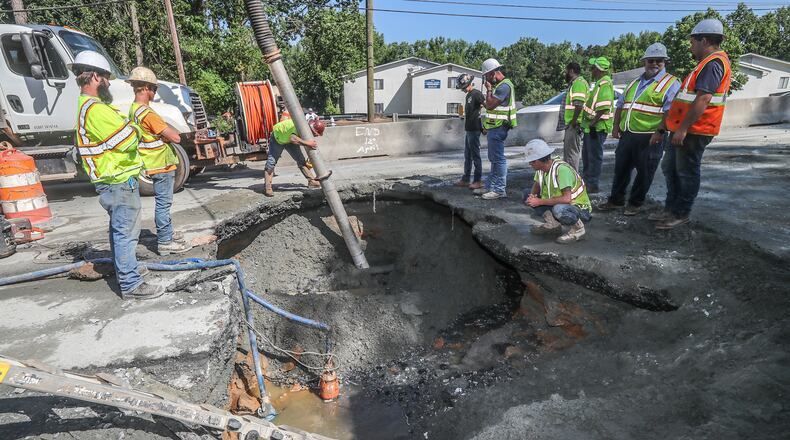
If the sinkhole is deeper than 3 feet, close to your home, or you suspect structural damage—reach out to Trusted Sinkhole Contractors like Sinkhole Repair ATL for immediate evaluation and expert solutions.
Red flags that require expert intervention:
- Sinkhole near a home’s
foundation or driveway
- Any
visible void or exposed underground cavity
- Cracks in walls, floors, or pavement nearby
- Hole appears to be
growing quickly
- Water draining into the hole
What professionals provide:
- Professional
sinkhole inspection & detection to determine the underlying cause
- Ground stabilization services like compaction grouting
- Structural engineer consultation
- Foundation repair and soil remediation
- Legal and municipal reporting when required
Working with a professional ensures the problem is addressed both at the surface and below ground.
Comparing DIY vs Professional Sinkhole Repair (With Cost Breakdown)
Is it cheaper to fix a sinkhole yourself? Yes—initially. But long-term safety, value, and durability often make professional repair the smarter choice.
Cost Comparison Table:
| Factor | DIY Repair | Professional Repair |
|---|---|---|
| Cost | $50–$500 (materials only) | $2,000–$15,000+ depending on severity |
| Risk | High if misjudged | Low—handled by experts |
| Time Required | Few hours to several days | Varies by project complexity |
| Longevity | May be temporary | Designed for long-term stability |
| Coverage | Not always covered by insurance | Often included in home policies if professionally assessed |
Preventing Future Sinkhole Damage
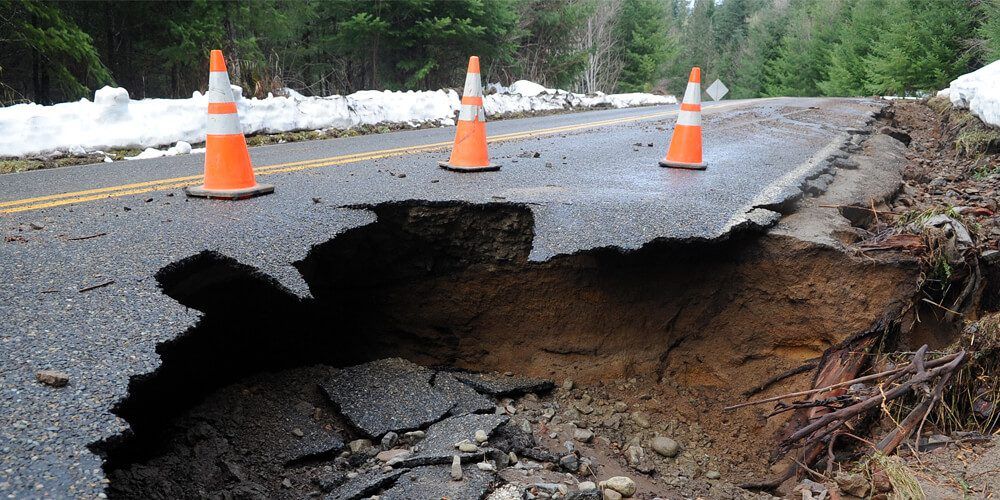
Addressing root causes is the best way to prevent sinkhole recurrence.
Best prevention methods:
- Improve yard drainage
- Use French drains or swales to redirect water
- Avoid overwatering and inspect sprinkler systems
- Soil stabilization using deep compaction or chemical grouting
- Erosion control like planting grass and groundcover
- Inspect and seal old septic tanks or buried pipes
- Conduct underground inspections if sinkholes are common in your area
Proactive landscaping and soil care go a long way in preventing subsidence.
Suspect sinkhole activity?
Reach out now for a FREE inspection!
Frequently Asked Questions (FAQ)
Is it safe to repair a sinkhole yourself?
Only if it’s small, shallow, and far from any structures. Anything beyond that poses risks to safety and property.
How much does professional sinkhole repair cost?
Anywhere from $2,000 to $15,000+, depending on the size, depth, and structural involvement.
Can a small sinkhole fix itself?
Rarely. Even small holes can grow if the root cause isn't addressed.
Do I need permits to repair a sinkhole?
If the sinkhole is large or near structures, you may need a permit or report it to local authorities. Professionals can guide you through this.
Fixing Sinkhole Damage: When DIY Works and When to Hire a Pro
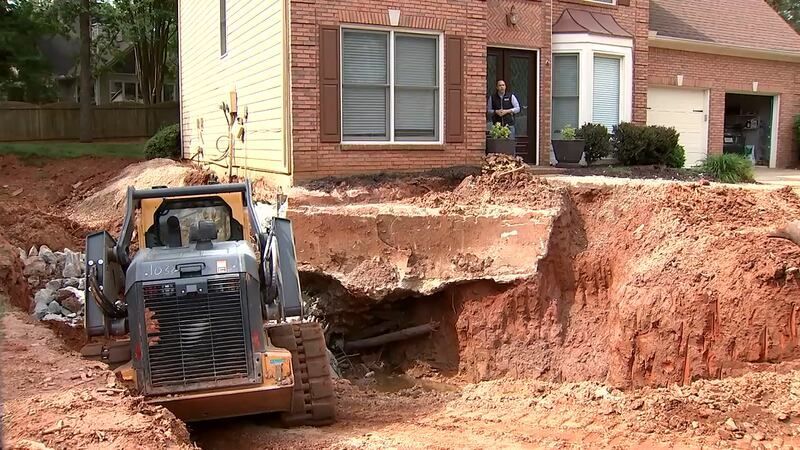
Fixing a sinkhole on your property requires more than just filling a hole—it demands an understanding of what’s happening below the surface.
DIY is okay when:
- The sinkhole is small, shallow, and isolated
- You use proper materials like gravel and compact soil
- It’s far from buildings or paved surfaces
Hire a professional like Sinkhole Repair ATL when you need expert sinkhole repair services that go beyond the surface to ensure lasting stability.
- The sinkhole is deep, growing, or near any structure
- You notice foundation issues or drainage problems
- You want a long-term, safe, and fully compliant repair
Still unsure? When in doubt, always consult a professional. The peace of mind—and structural security—is worth it.
Contact Sinkhole Repair ATL today for a free assessment or emergency response if you’re dealing with possible sinkhole damage.
